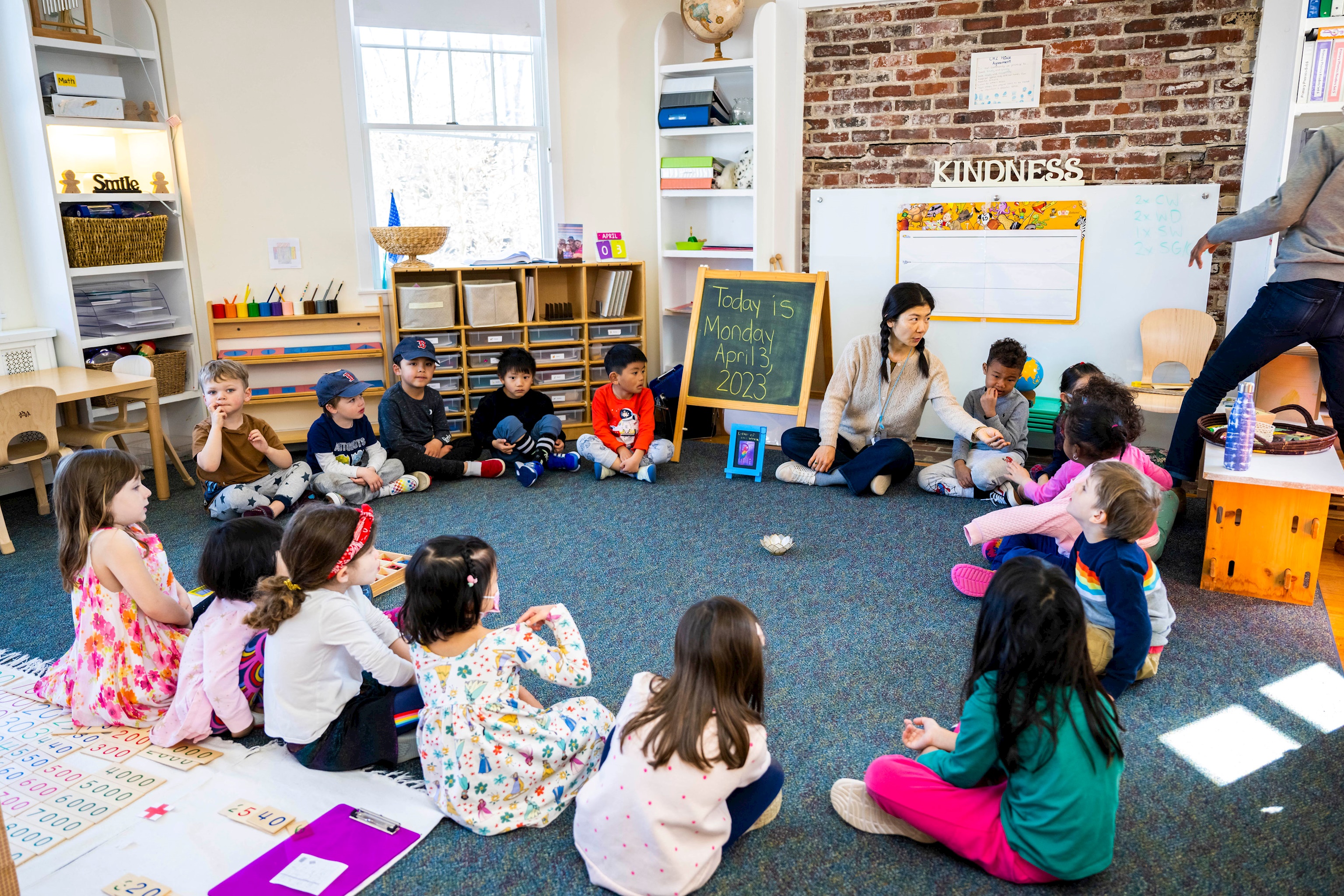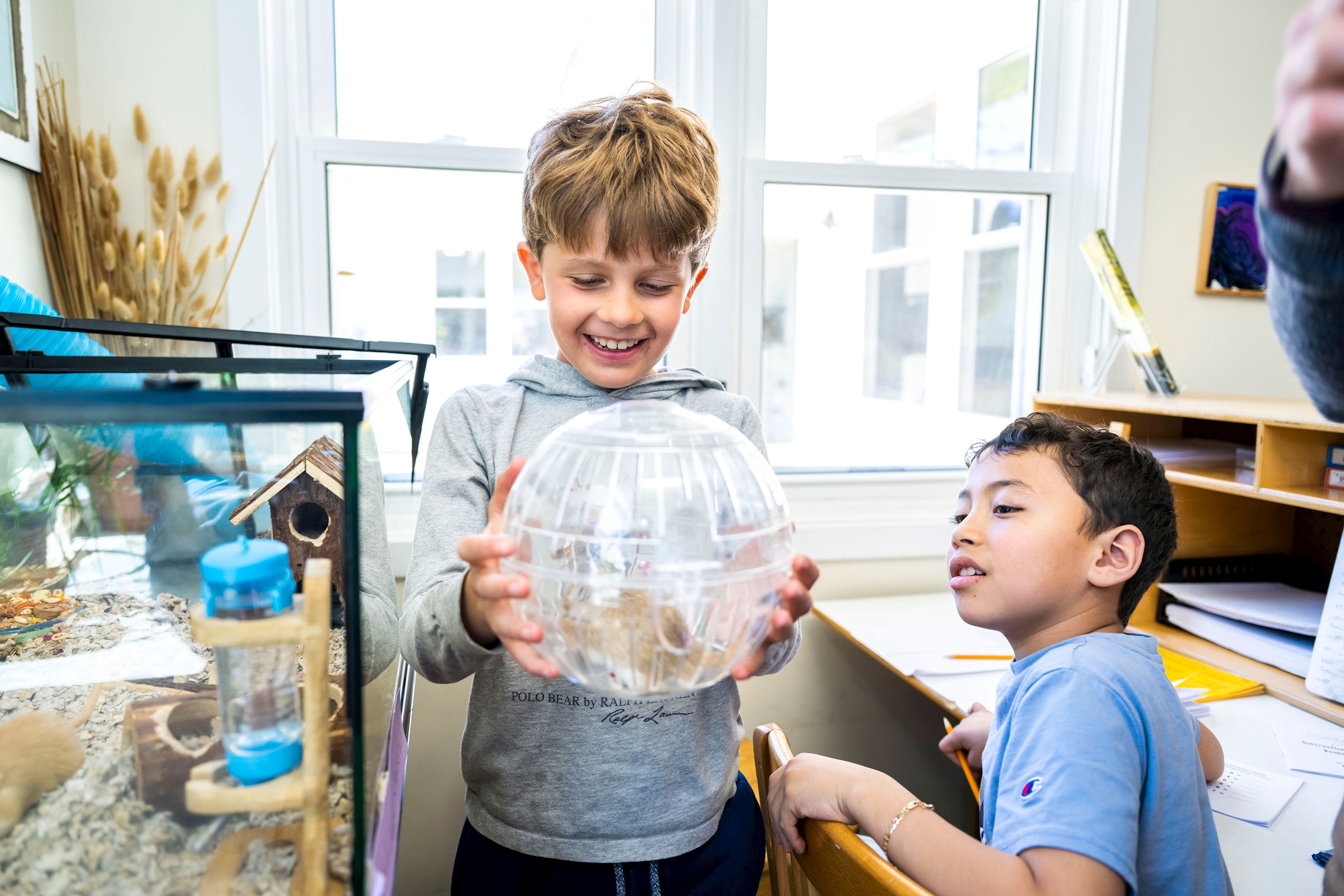Lexington Montessori School offers students the opportunity to develop a unique academic path that fits them best. Montessori-certified teachers meet students where they are and support their discoveries and curiosities while following the teachings of Maria Montessori and embracing both technology and progression in an ever-changing world.
Creative Thinking
At LMS children learn to question assumptions. They learn to respond to challenges and opportunities by imagining, improvising and adapting.
Solution Seeking
LMS children learn to formulate meaningful questions. They learn to inquire, evaluate and synthesize information as they set goals, develop plans and test solutions.
Ethical Decision-Making
LMS children learn to exhibit integrity, honesty, empathy, fairness and respect. They develop personal, social and civic responsibility, and they consider emerging ethical issues.


Communication
LMS children learn to listen attentively, speak effectively and write clearly. They cultivate interpersonal skills as they learn to understand and express ideas with a variety of audiences and media.
Collaboration
Children at LMS learn to build strong partnerships within diverse teams. They learn to teach, coach and lead others by example, accepting feedback, implementing decisions and sharing the credit.
Innovation
LMS children learn to explore and experiment in a climate of change. They build resilience through risk-taking and setbacks. They create unique ideas and products that have value and meaning.





